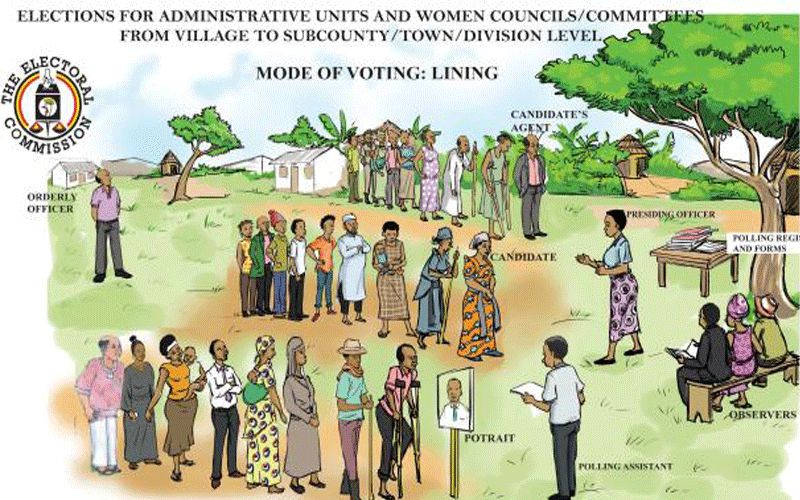Kampala, 01 October, 2020 / 10:02 pm (ACI Africa).
The Inter Religious Council of Uganda (IRCU) is among 46 civil society organizations (CSOs) accredited by the country’s electoral body to carry out voter education ahead of the general elections scheduled to take place in February 2021.
The 46 CSOs whose accreditation was made public Wednesday, September 30 by the leadership of the Electoral Commission of Uganda are expected to facilitate voter sensitization exercise throughout the East African country.
In carrying out their mandate, the CSOs will use a manual, which the electoral body developed. The manual has information on rights, freedoms, roles and responsibilities of the voter, the media, and the candidates, the electoral commission’s Media and Public Relations manager, Paul Bukenya has been quoted as saying.
According to Mr. Bukenya, the manual has also information about the roles, obligations and responsibilities of the stakeholders in the general elections.
Other CSOs accredited for voter education include the National NGO Forum, Africa Freedom of Information Centre, Coalition Centre for Electoral Democracy (CCEDU), Centre for Basic Research, Action for Development (ACFODE) and the Forum for Women in Democracy (FOWODE).








